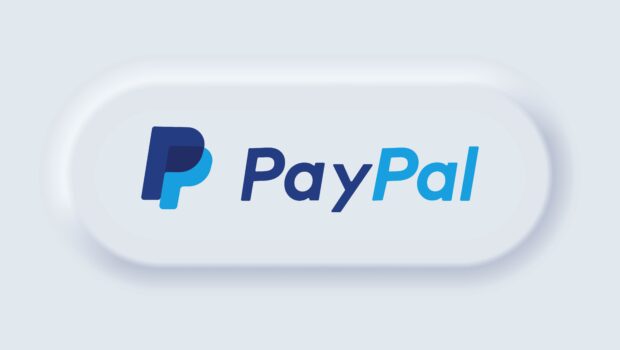PayPal desperate to get back on the front foot following free speech furor
PayPal’s reputation has taken a bit of a battering over the past couple of weeks after becoming embroiled in a simmering row over the use of free speech on the platform.
The payment giant came under fire from politicians, including Jacob Rees-Mogg, who had accused PayPal of being involved in a “cancel culture” in which prominent voices were being silenced.
But what were the origins of the row? And how is PayPal trying to repair its reputation? We have assessed what we know and the latest developments in this story.
Roots of the controversy
PayPal took a rather brazen approach when it decided to freeze accounts of UK political groups that were seemingly spreading misinformation about the COVID-19 pandemic. More specifically, this pertained to the thoughts of the Free Speech Union that was founded by Toby Young.
Three of his accounts were closed down, including the UseForThem group, which campaigned to reopen schools during the lockdown that was imposed by the government.
From the outset, PayPal was convinced that the FSU had breached the terms covering the “Acceptable Use Policy”, while the FSU had served to defend those who lost their job during COVID, even if at times, its beliefs were arguably unfashionable.
Celebrities had begun to express anger over the issue and were prepared to stand in solidarity with the FSU and boycott PayPal until things were resolved.
Writing for the Spectator at the height of the PayPal saga, Toby Young said: “Given what I know now – that it can demonetise you on a whim, seemingly without any proper justification – I’m not going to make that mistake twice.
“Maybe if PayPal restores the accounts of all the other people and organizations it has deplatformed for political reasons, and promises not to do anything like that again, I might reconsider.
“In the meantime, I will still be devoting all my energies to lobbying the government to pass a law reining in companies like PayPal so other people with non-woke political views don’t have to endure what I have been put through.”
Trying to get back on the front foot
Of course, PayPal backed itself into a corner with its thoughts on the FSU, but it is trying to get itself back onto the front foot by reinstating the accounts run by the FSU.
Young had described the furore as being a “living nightmare”, and politicians were adamant that the original move by PayPal was “politically motivated”.
Perhaps PayPal had blurred the lines between defending a group’s right to freedom of speech with promoting a speaker’s underlying views. However, it overstepped its boundary by trying to be an arbiter of allowing free speech.
Whether it is in the UK or US, payment processing companies, such as PayPal, aren’t bound by the First Amendment. However, the FSU incident was just one incident in a long list of affirmative actions taken by PayPal to quell free speech.
Nevertheless, the reinstatement only came about following a firm pushback from the public, who expressed their discontentment over the issue.
A viable investment option
Despite becoming entrenched in a rather thorny issue over free speech, PayPal hasn’t deterred investors, and it remains a viable option. Although PayPal has had to contend with a variety of problems over the past 12 months, including high inflation and the loss of eBay as a partner, the future is looking a bit rosier.
The departure of eBay is unlikely to be a strong headwind in the final quarter of 2022, and the company has been concocting plans to rein in operating expenses in 2023, which could amount to as much as $1.23billion.
PayPal’s stock is thought to currently trade at 67% of its high, and the payment processor remains the most accepted digital wallet in North America and Europe and it has continued to evolve. Over the past few years, PayPal has become a more trusted option for many industries. For example, service companies rely on PayPal to finalize invoices and there is end-to-end encryption provided for owners and their clients to keep them safe while handling payments.
Similarly, retailers use PayPal and it makes things easier for customers to pay for goods while shopping online. However, other industries have benefited from the advantages of having PayPal, including the world of gambling. Nowadays, players want flexibility when it comes to the operators they side with, and they will find many online casinos that accept PayPal as a payment method. PayPal affords plenty of security measures, but players should be aware of any transaction limits before proceeding further.
As far as PayPal is concerned, the FSU incident was certainly another watershed moment. Lessons will need to be learned, and PayPal should think twice before wading in on political issues. While PayPal may have had to work hard to win around users, some may not be forgiving if there is a repeat in the future.
Cover Image by Freepik















